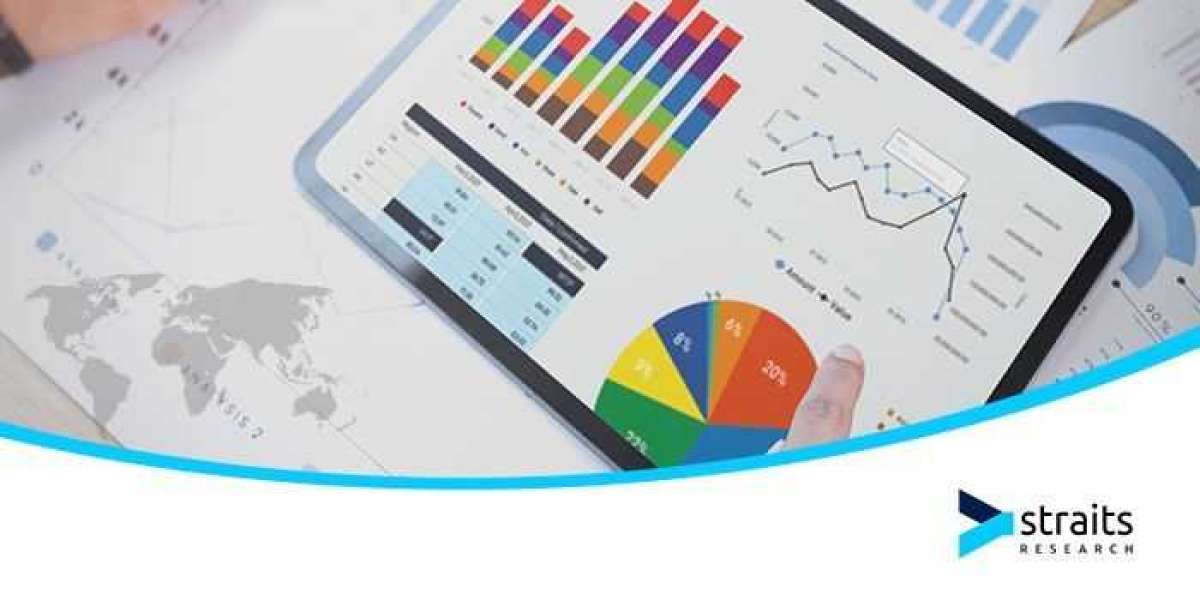In today's digital age, web applications have become the lifeblood of businesses, serving as the primary interface between organizations and their customers. When embarking on the journey of web app development, a fundamental question arises: Which programming language should you choose? Python and PHP are two of the most popular contenders, each with its unique strengths and use cases. In this comprehensive exploration, we'll delve into the nuances of Python and PHP, helping you make an informed decision. As businesses seek expertise from a Python development company and explore the realm of Python software development company, understanding the merits and limitations of these languages becomes paramount.
Python for Web App Development
Python has emerged as a formidable player in the web app development arena, thanks to its simplicity, readability, and versatility. Python's elegance is not limited to its syntax; it extends to a rich ecosystem of web frameworks that empower developers to create web applications efficiently. Two prominent Python frameworks, Django and Flask, exemplify this power.
Django: Django is a high-level Python framework designed to encourage rapid development and clean, pragmatic design. It follows the "batteries-included" philosophy, providing a comprehensive set of built-in features and tools, such as an ORM (Object-Relational Mapping) system, authentication, and a robust admin interface. Django's "Don't Repeat Yourself" (DRY) principle minimizes redundant code, resulting in highly maintainable and scalable applications.
Flask: Flask takes a more minimalist approach, offering a micro-framework that provides the essentials for building web applications. Developers appreciate Flask's flexibility and the freedom it provides to choose the components they need, making it an excellent choice for small to medium-sized projects and microservices.
Python's strengths in web app development extend beyond its frameworks:
Readability: Python's clean and concise syntax simplifies code, making it easier to read and maintain, reducing the potential for errors and enhancing collaboration among developers.
Rich Library Ecosystem: Python boasts an extensive library ecosystem, ensuring that developers have access to a vast array of pre-built modules and packages for various functionalities, from data analysis to machine learning.
Thriving Community: Python's popularity has led to a thriving community of developers who actively contribute to open-source projects, provide assistance on forums, and produce an abundance of educational resources. This wealth of support accelerates development and troubleshooting.
Scalability: Python is not limited to web development; its versatility extends to data analysis, machine learning, and more. This makes it an attractive choice for businesses looking to scale their applications beyond web development.
PHP for Web App Development
PHP, a server-side scripting language, has been a stalwart in web development for decades. It powers a significant portion of the internet, including renowned content management systems (CMS) like WordPress and Joomla. PHP excels in server-side processing, making it a reliable choice for dynamic web applications.
Key attributes of PHP in web app development include:
Content Management Systems: PHP shines when it comes to content-heavy websites and CMS-driven projects. Its wide adoption has resulted in a multitude of CMS options, each catering to specific content management needs.
Speed of Development: PHP's simplicity and a wide range of built-in functions facilitate rapid prototyping and development. It's often chosen for projects with tight deadlines or when quick iterations are essential.
Robust Libraries and Frameworks: PHP offers a plethora of libraries and frameworks, such as Laravel and Symfony, that simplify web development tasks. These frameworks provide a structured approach to development and enhance code maintainability.
Large Community: PHP's extensive community, stemming from years of usage, is a valuable resource for developers. It means readily available solutions, plugins, and support for troubleshooting.
Choosing Between Python and PHP for Web App Development
Project Complexity: Consider the complexity of your web application. Python's elegant syntax and robust frameworks like Django are well-suited for complex, data-driven applications. PHP, on the other hand, may be a better fit for simpler, content-centric websites or projects with a strong CMS component.
Development Speed: If you need to develop and iterate quickly, PHP's simplicity and a multitude of pre-built functions can expedite development. Python, with its clean code and powerful frameworks, may be slightly slower in the initial development phase but can lead to faster development as the project scales.
Scalability: If your project has aspirations to scale beyond web development, Python's versatility in data analysis, machine learning, and other domains can be a strong advantage. PHP, while proficient in web development, may have limitations when venturing into non-web domains.
Community and Support: Both Python and PHP have active developer communities, but PHP's community is particularly massive due to its long history. This means a wide array of third-party resources, plugins, and a vast talent pool of PHP developers.
Existing Skill Set: Consider the expertise within your team. If you have a team with extensive experience in either Python or PHP, it may make sense to leverage their skills for efficiency and familiarity.
Conclusion:
In the dynamic world of web app development, the choice between Python and PHP is not one-size-fits-all. The decision must be a thoughtful one, aligning with your project's objectives and requirements. Whether you decide to explore the expertise of a Python development company or delve into a Python software development company, both languages have proven their worth.
Python, with its elegance and versatility, shines in complex, data-centric applications, offering scalability and robust frameworks like Django and Flask. PHP, on the other hand, excels in content-heavy websites and projects requiring rapid development.
Ultimately, the success of your web app development journey depends on selecting the right tool for the job. By carefully considering your project's needs and consulting with experts in Python development and software development, you can embark on a path that leads to a successful and impactful web application.



